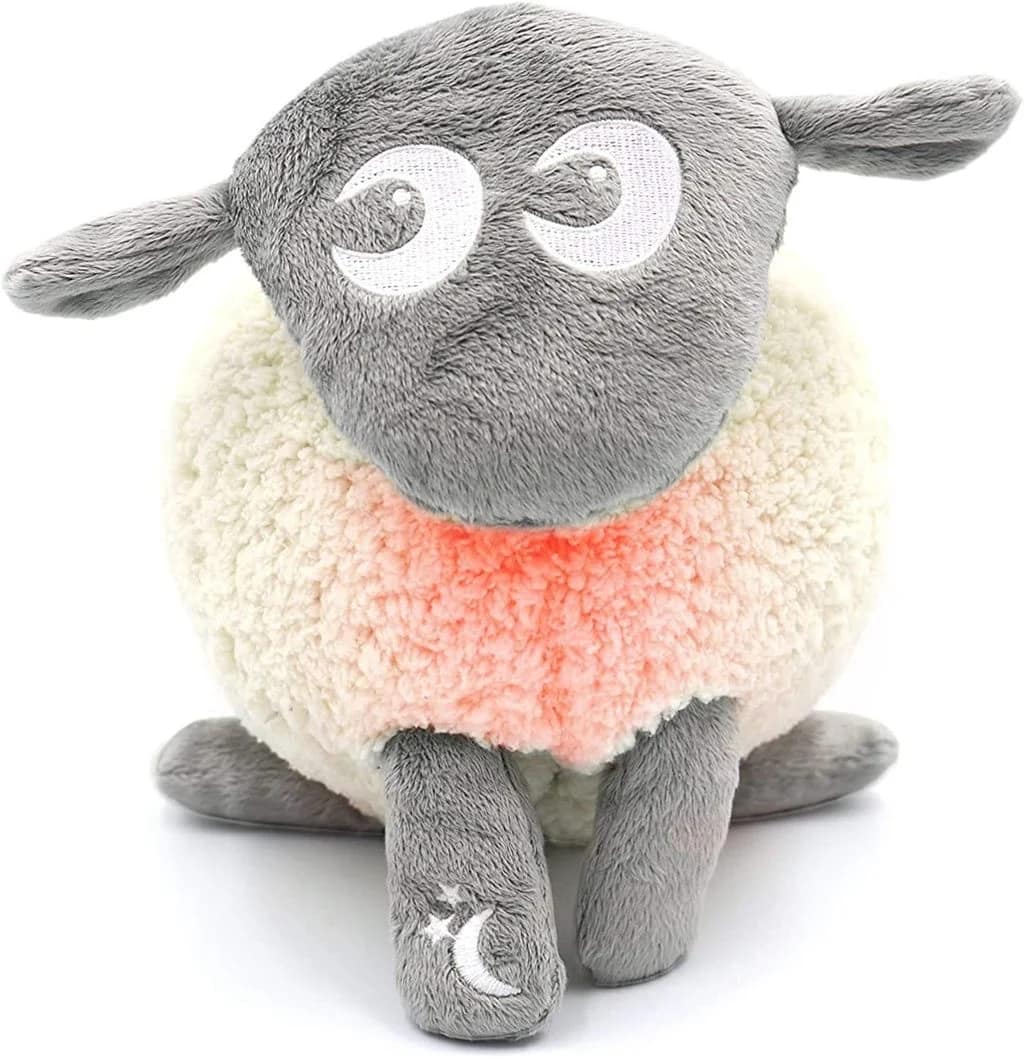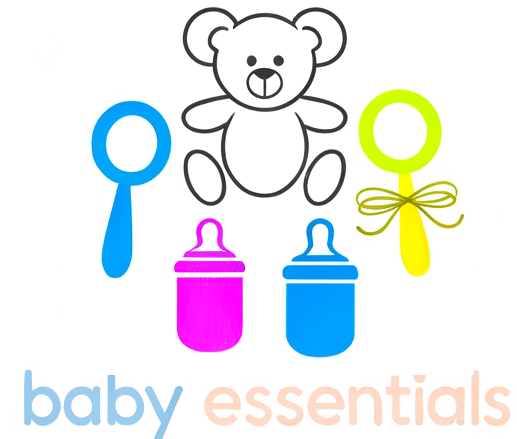Introduction – Essential Baby Sleep Tips for New Parents
Having a baby can be a wonderful experience, but it also brings new challenges. One of the biggest challenges for new parents is getting their little ones to sleep well. Sleep is super important for babies, and it can help with their growth, mood, and brain development. Here are some essential baby sleep tips to help new parents encourage healthy sleep habits for their infants.
1. Create a Sleep Schedule
Babies thrive on routine. Setting up a consistent sleep schedule can help your baby learn when it’s time to sleep and when it’s time to wake up. Try to put your baby to bed around the same time each day. This routine helps your baby feel secure and know what to expect.
2. Make a Bedtime Routine
A calming bedtime routine can signal to your baby that it’s time to wind down. You can give your baby a warm bath, read a story, or sing a lullaby. This routine can be simple, but having a few calming activities can help soothe your baby, making it easier for them to fall asleep.
3. Create a Comfortable Sleep Environment
Your baby’s sleep environment should be quiet, dark, and cool. Use blackout curtains to block out light and keep the room at a comfortable temperature. Make sure the crib or bassinet is safe and comfortable. A good sleep space can make a big difference.

4. Swaddle Your Baby
Swaddling can help babies feel snug and secure, like they did in the womb. This can reduce their startle reflex and help with sleep. Make sure to swaddle gently and leave enough room for your baby’s hips to move.
5. Pay Attention to Sleep Cues
Learn to recognise when your baby is tired. Signs like yawning, rubbing their eyes, or fussiness can mean it’s time for sleep. Putting your baby to bed when they show these signs can help them fall asleep easier.
6. Be Mindful of Daytime Naps
Daytime naps are important, but be careful not to let your baby nap too long during the day. Long naps can interfere with nighttime sleep. Try to keep naps shorter and follow a pattern that supports nighttime sleep.
7. Trust Your Instincts
Every baby is different. What works for one baby may not work for another. Trust your instincts and figure out what your baby needs. If something does not feel right, don’t hesitate to reach out to a pediatrician or sleep consultant for guidance.
8. Be Patient
Learning to sleep can be a process. Be patient with your baby, and give them time to adapt to their new sleep routine.
For more tips, check out this helpful article on creating healthy sleep habits for your baby.
9. Use White Noise
White noise can help block out distractions and create a soothing environment for your baby. You can use a white noise machine or an app for a gentle hum that stays in the background as your baby sleeps.
10. Keep a Sleep Diary
Keeping track of your baby’s sleep patterns can help you see what works and what doesn’t. A sleep diary records nap times, bedtime, and how long your baby sleeps. This information can be useful when talking to your pediatrician about sleep issues.
11. Skin-to-Skin Bonding
Skin-to-skin contact can be calming for babies, especially in the first few months. Holding your baby close can help them feel safe and secure, making it easier for them to sleep.
12. Monitor Feeding Times
Feeding times can impact sleep. Newborns usually need to eat every few hours. But as they grow, try to space out feeding times, especially at night. Babies may sleep longer if they are not waking up solely because of hunger.
Conclusion
Establishing good sleep habits for your baby takes time and patience. Remember to be gentle with your little one and yourself. Support from family and friends can also help make this journey easier.
With love, routine, and a bit of trial and error, you will find the sleep solutions that fit your family’s needs. What sleep tips have you found helpful? Share your thoughts in the comments below!
Frequently Asked Questions About Baby Sleep
How many hours should my baby sleep per day?
Newborns typically sleep 14-17 hours per day, while 3-6 month olds need about 12-15 hours. Sleep patterns vary by age, with younger babies sleeping in shorter bursts throughout the day and night.
When should I start a bedtime routine?
You can begin establishing a simple bedtime routine as early as 6-8 weeks old. Start with basic activities like a warm bath, gentle massage, or quiet feeding to signal that bedtime is approaching.
Is it safe to let my baby sleep on their stomach?
No, babies should always be placed on their backs to sleep until they’re at least 1 year old. This significantly reduces the risk of Sudden Infant Death Syndrome (SIDS).
How long should I let my baby cry before going to them?
This depends on your comfort level and your baby’s age. For newborns, respond quickly to crying. For older babies (4+ months), some parents use graduated response methods, waiting 3-5 minutes before checking.
When will my baby sleep through the night?
Most babies can sleep for 6-8 hour stretches between 3-6 months old. However, every baby is different, and some may take longer to develop consistent nighttime sleep patterns.
Should I wake my baby from long daytime naps?
Yes, if daytime naps exceed 3 hours or interfere with nighttime sleep, it’s okay to gently wake your baby. This helps maintain a healthy sleep-wake cycle and prevents day-night confusion.
Sources and References
For more comprehensive information on baby sleep safety and guidance, consult these trusted UK sources:
- NHS – Reduce the risk of sudden infant death syndrome (SIDS)
- NHS Start for Life – Baby sleep guidance
- NHS Inform Scotland – Ready Steady Baby! Sleeping safely
- The Lullaby Trust – Safer sleep advice
- NCT – Newborn and baby sleep
- West Cheshire NHS Foundation Trust – Baby sleep guidance
Always consult with your healthcare provider or GP for personalized advice about your baby’s sleep patterns and safety.
The Game-Changing White Noise Machine We Found Invaluable for Peaceful Nights

Disclosure: As an Amazon Associate, I earn from qualifying purchases. This means that if you click on a link and make a purchase, I may receive a small commission at no additional cost to you.
Essential Baby Sleep Tips for New Parents Podcast
As the podcast is hosted on Spotify, you may need to refresh the page to pull in the podcast.


